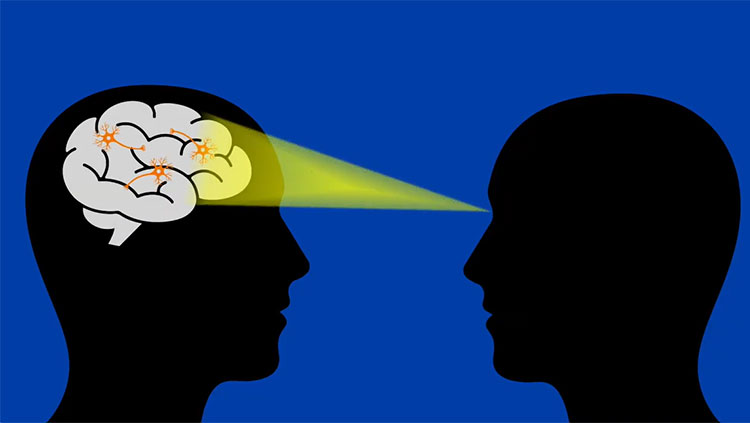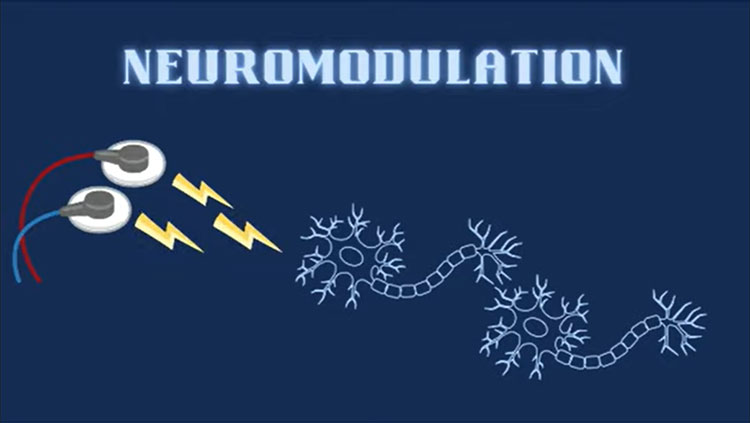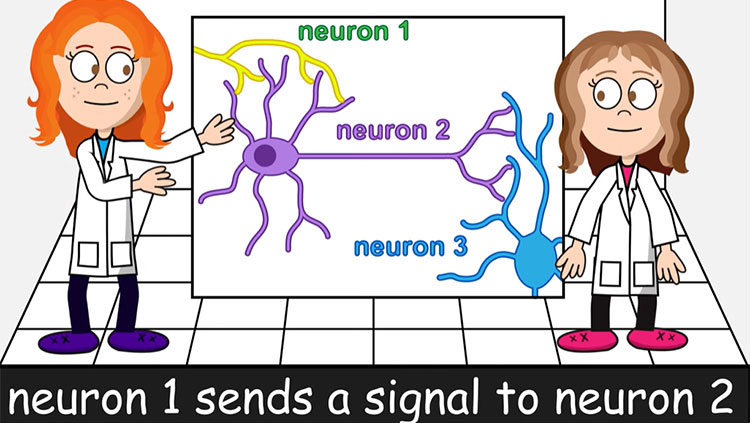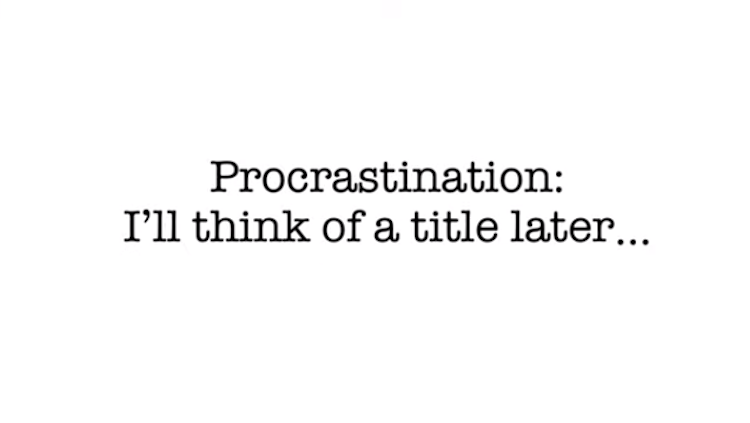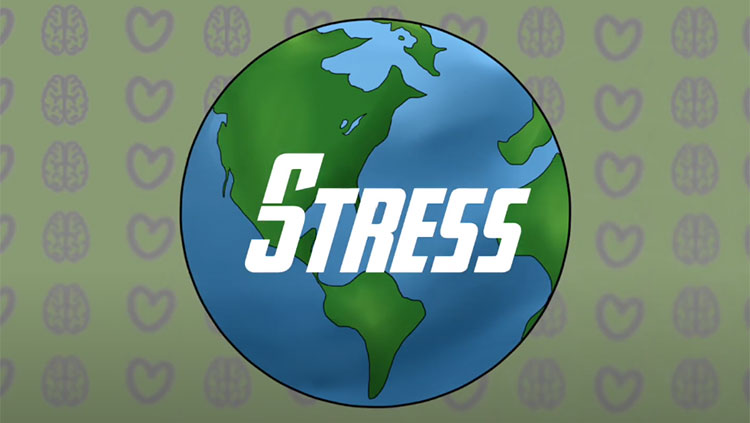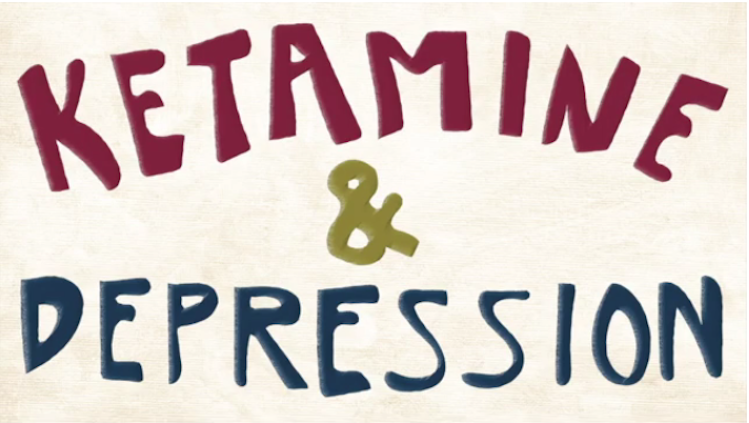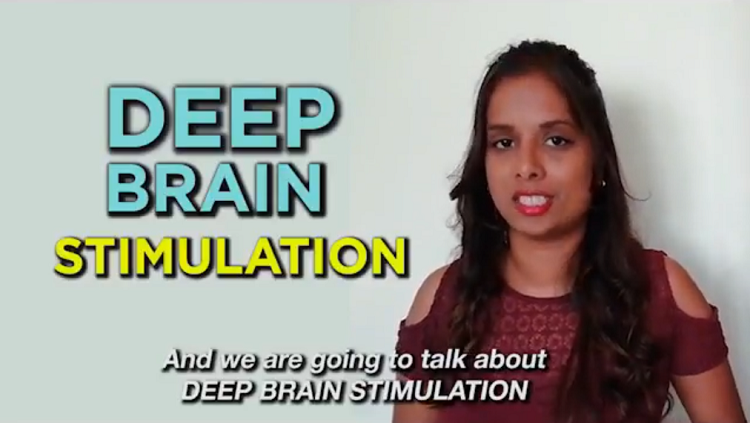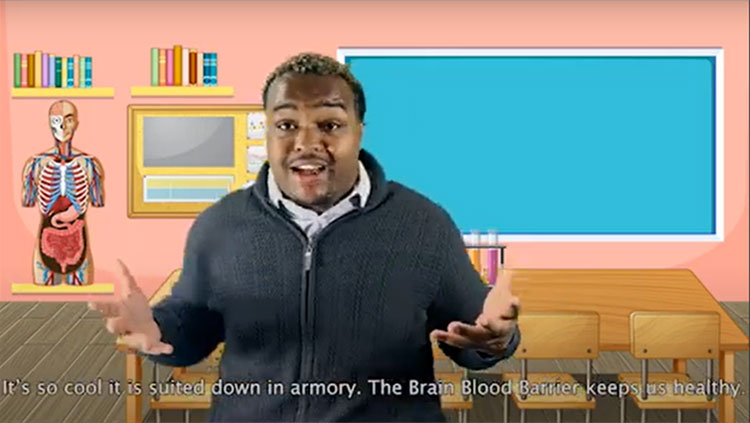Filter
-
(1)
-
(1)
-
-
(1)
-
(8)
-
(15)
-
(3)
-
(1)
-
(2)
-
(1)
-
(3)
-
(1)
-
(1)
-
(2)
-
(2)
-
(1)
-
(1)
-
(2)
-
(1)
-
(1)
-
(1)
-
-
(1)
-
(1)
-
-
(1)
-
(8)
-
(3)
-
(4)
-
(3)
-
(1)
-
-
(94)
-
(39)
-
(19)
-
(33)
-
(4)
-
(15)
-
-
(2)
-
(2)
-
-
(1)
-
(1)
-
-
(10)
-
(1)
-
(8)
-
(3)
-
-
(3)
-
(1)
-
(1)
-
(1)
-
-
(1)
-
(4)
-
(11)
-
(2)
-
(1)
-
(7)
-
(1)
-
-
(49)
-
(7)
-
(2)
-
(2)
-
(5)
-
(2)
-
(7)
-
(7)
-
(11)
-
(9)
-
-
(6)
-
(14)
-
(1)
-
(9)
-
(1)
-
(3)
-
(2)
-
-
(1)
-
(1)
-
(7)
-
(6)
-
(2)
-
(1)
-
(1)
-
-
(1)
-
(1)
-
-
(1)
-
(26)
-
(3)
-
(1)
-
(17)
-
-
(3)
-
(2)
-
(1)
-
-
(6)
-
(1)
-
(5)
-
(4)
-
-
(6)
-
(1)
-
(2)
-
(2)
-
(2)
-
-
(6)
-
(6)
-
-
(1)
-
(2)
-
(2)
-
(1)
-
(1)
-
-
(4)
-
(2)
-
(1)
-
(2)
-
-
(5)
-
(1)
-
(4)
-
-
(33)
-
(7)
-
(2)
-
(1)
-
(7)
-
(10)
-
-
(1)
-
(1)
-
(1)
-
-
(5)
-
(8)
-
(6)
-
(3)
-
-
(1)
-
(1)
-
-
(2)
-
(2)
-
-
(3)
-
(1)
-
(3)
-
-
(7)
-
(4)
-
(3)
-
(2)
-
(5)
-
(1)
-
-
(2)
-
(1)
-
(1)
-
-
(29)
-
(9)
-
(7)
-
(4)
-
(2)
-
(12)
-
-
(161)
-
(1)
-
(10)
-
(4)
-
(25)
-
(29)
-
(12)
-
(10)
-
(26)
-
(2)
-
(21)
-
(6)
-
(15)
-
(9)
-
(8)
-
(68)
-
(9)
-
(30)
-
-
(13)
-
(1)
-
(3)
-
(1)
-
(4)
-
(1)
-
(4)
-
(1)
-
-
(6)
-
(6)
-
-
(5)
-
(2)
-
(213)
-
(177)
-
(12)
-
(7)
-
(4)
-
(1)
-
(18)
-
(10)
-
(24)
-
(6)
-
(177)
31 - 40 of 229 results
-
Artificial intelligence can guess what you’re thinking — but only if it has been trained using your own brain activity data.
-
Scientists can use electric impulses to block pain signals in patients who struggle with chronic pain or treat certain neurological conditions.
-
Join Professor Amelie and Professor Rosie as they share how tiny cells in our brains called neurons talk to each other to power our brains.
-
Reality flows continuously but we perceive it as a series of events — why? One theory suggests we structure our experiences from our subconscious predictions of ongoing events. These predictions are compared to reality — leading us to create distinct boundaries as expectations and events change.
-
Procrastination comes down to a battle between the brain’s emotion and decision-making systems — with emotion often claiming victory.
-
Stressors impact our everyday lives: Acute stress can be helpful in keeping us out of danger, while chronic stress can contribute to the development of disorders and diseases.
-
The first new antidepressant medication in decades, ketamine is a game changer for depression treatment.
-
Complex networks of brain structures make sense of all the information from our senses to create and store memories that can last a lifetime.
-
Deep brain stimulation, or DBS, takes advantage of electricity to treat brain disorders like Parkinson’s disease.
-
The blood-brain barrier protects your brain by ensuring the important things stay in while pathogens stay out.


